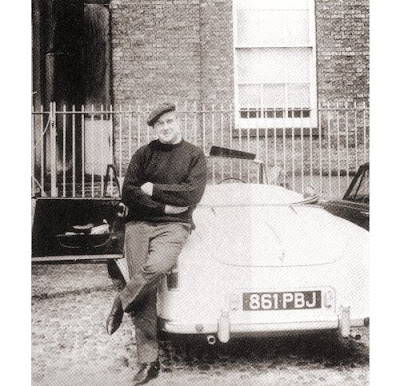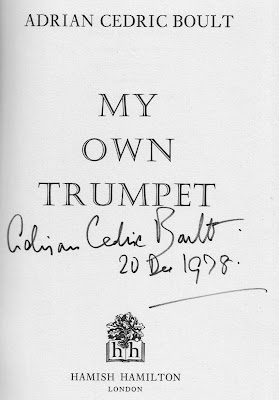Glenn Gould - the ultimate download

My personal overgrown path is leading back to the radio studio, and that has set me thinking recently about how to create programmes that are distinctive, inclusive and personal. Over in Holland the creator of Big Brother , Endemol , has its own formula for distinctive broadcasting, and this week launches De Grote Donorshow ( The Big Donor Show ) which gives three dialysis patients the chance to win a dying woman's kidney - or not. Back in 1969 Glenn Gould took a different approach to producing great broadcasting when he created his 'contrapuntal radio documentary' The Latecomers . The main subject was the new Canadian province of Newfoundland , but there was a second subject of solitude, isolation and non-conformity seen from a cultural perspective. The Latecomers , with its basso continuo of the ocean, is both a land-mark in twentieth-century broadcasting and a seriously neglected aspect of Gould's work. Now, thanks to reader Walt Santner, you can hear the whole...
















